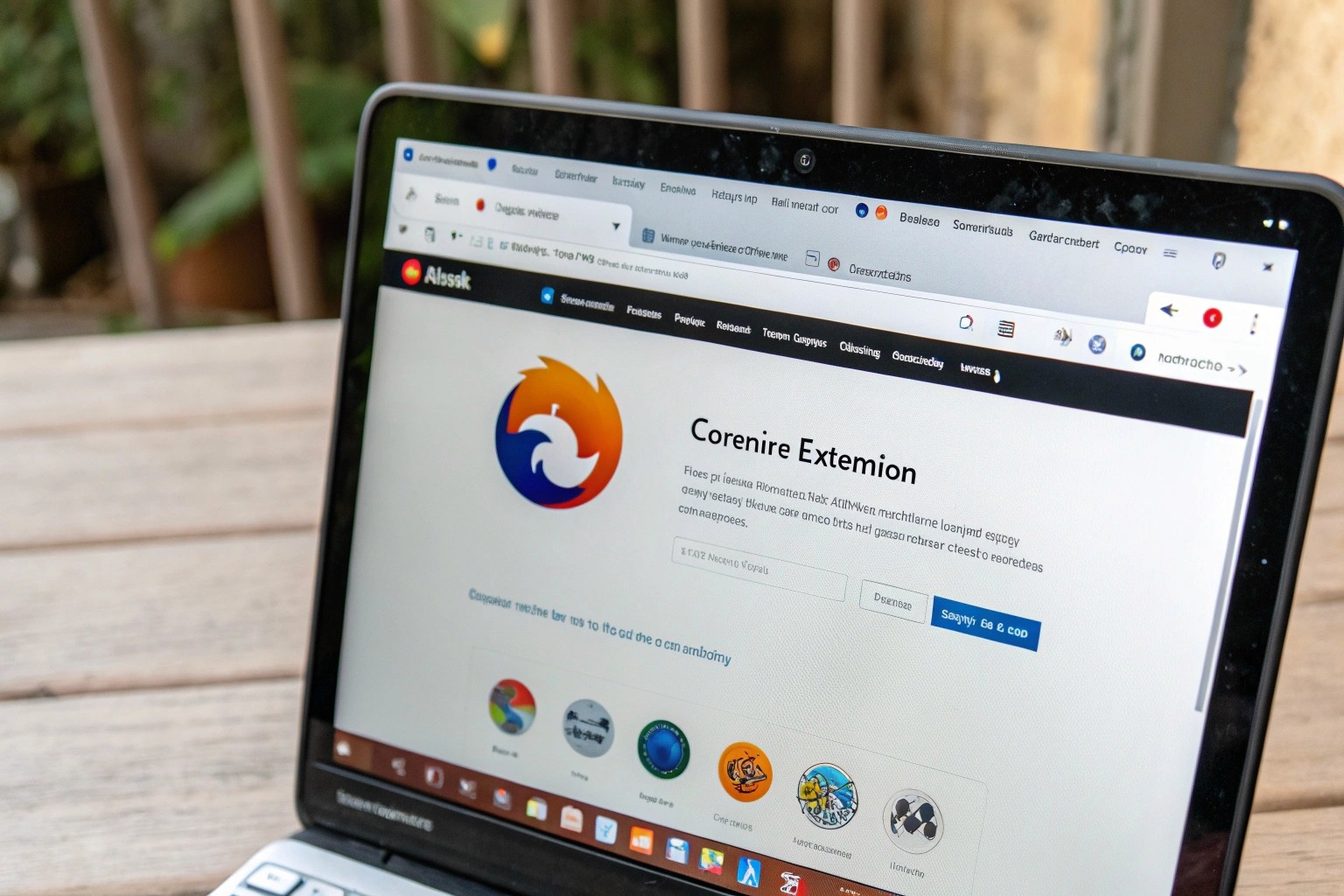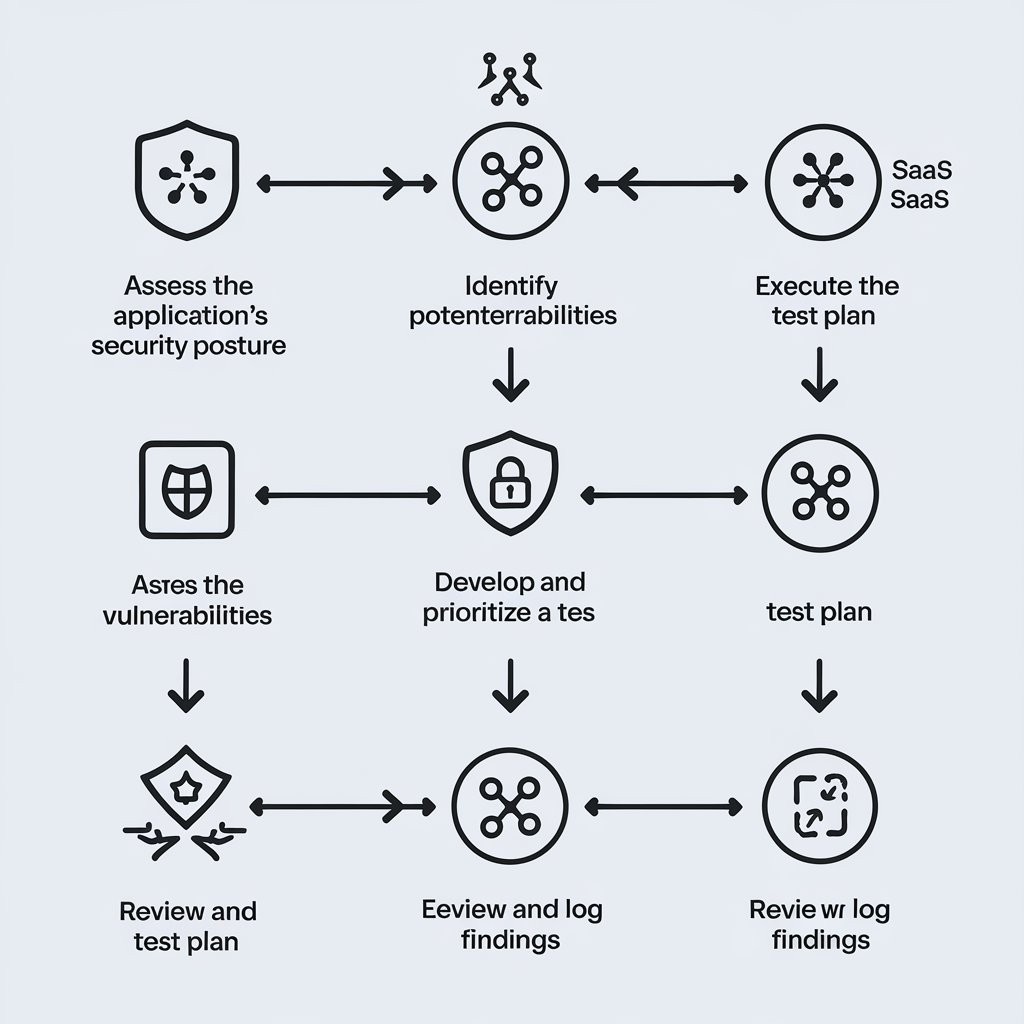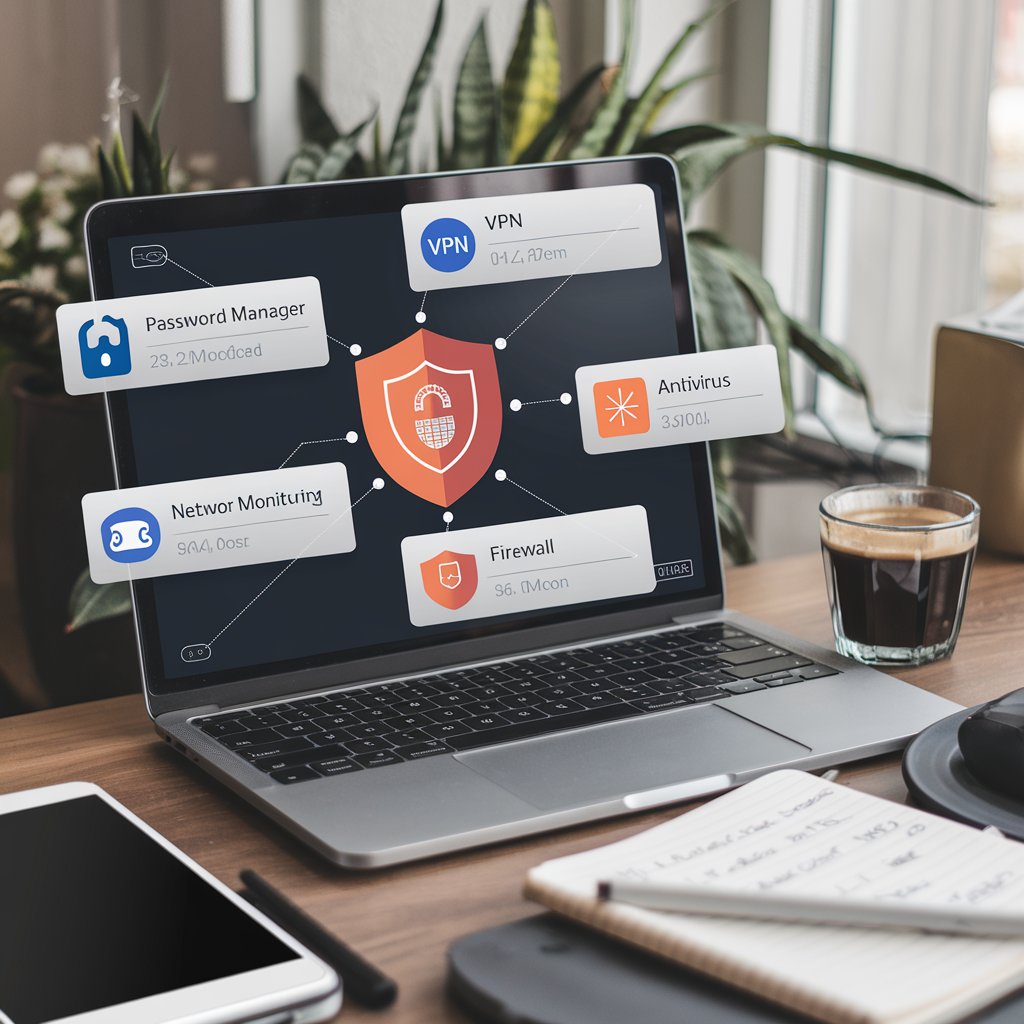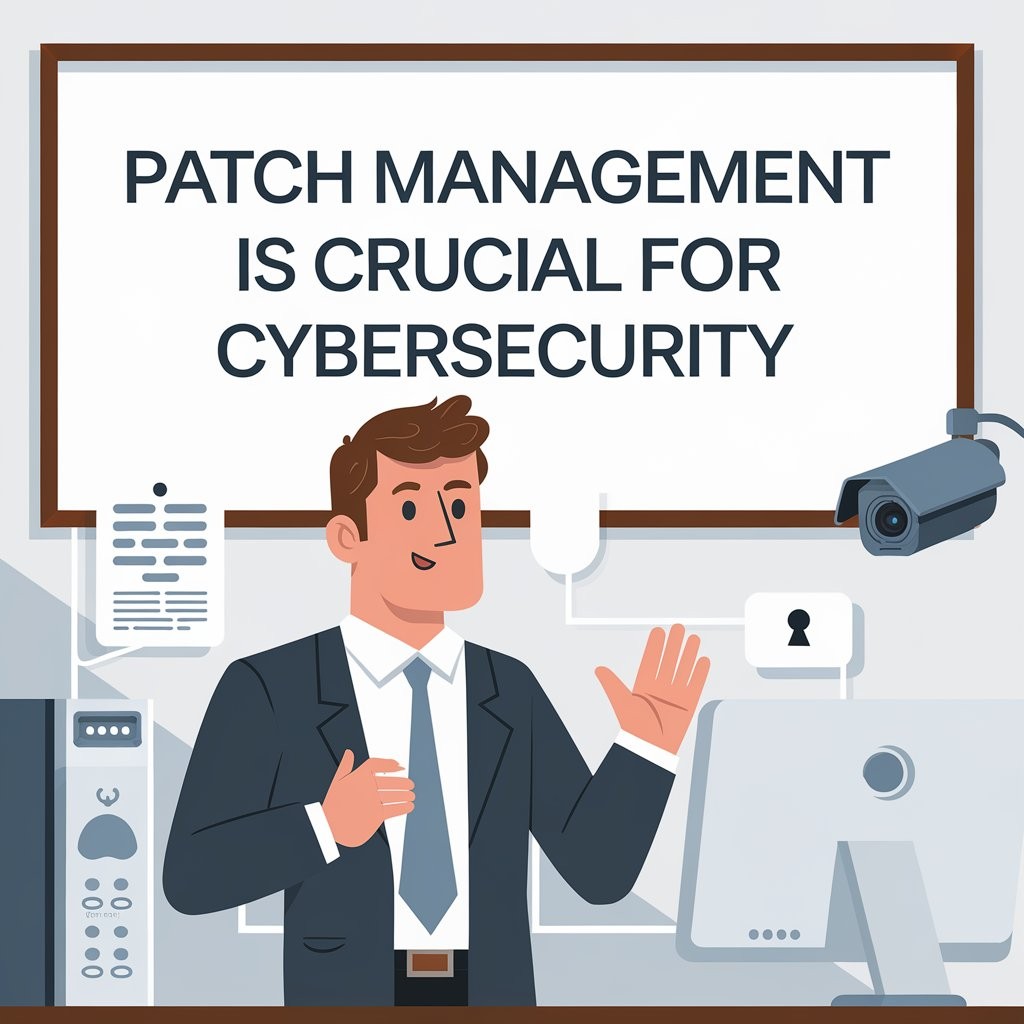UA
10 Min Read
1. OWASP ZAP (Zed Attack Proxy)
OWASP ZAP is an open-source security testing tool widely used for penetration testing and vulnerability scanning. While it is primarily designed for web applications, it can also be used to test mobile apps by acting as a proxy between the app and the server, helping to detect common vulnerabilities such as XSS and SQL injection.
Features: Automated scanners, passive and active scanning, fuzzing, session management, and reverse proxy for API testing.
Use Case: Testing mobile apps' communication with servers and APIs.
2. Burp Suite
Burp Suite is one of the most popular and comprehensive web vulnerability scanners, and it also supports mobile application testing. It includes a variety of tools, such as a proxy, scanner, and intruder, making it a powerful choice for security testing.
Features: Proxy interception, crawling, fuzzing, vulnerability scanning, and reporting.
Use Case: Testing mobile apps for common security issues, including session management and secure data storage.
3. MobSF (Mobile Security Framework)
MobSF is an open-source mobile application security testing tool that supports both Android and iOS. It allows both static and dynamic analysis of mobile apps, enabling security testing of both the app's source code and its behavior during runtime.
Features: Static analysis, dynamic analysis, malware analysis, API security testing, and real-time reporting.
Use Case: Conducting automated vulnerability assessments of both Android and iOS apps.
4. AppScan
AppScan, developed by HCL, is a widely used tool for mobile app security testing that scans for vulnerabilities within the app’s source code, network traffic, and APIs. It helps identify issues like broken authentication, sensitive data exposure, and more.
Features: Dynamic and static testing, code scanning, API testing, and in-depth reporting.
Use Case: Identifying vulnerabilities in both native and hybrid mobile apps.
5. Fortify
Fortify provides both static and dynamic security testing for mobile apps, along with a full suite of tools to identify vulnerabilities throughout the development lifecycle. It supports mobile app security by scanning source code and analyzing vulnerabilities such as insecure data storage, weak cryptography, and misconfigurations.
Features: Static application security testing (SAST), dynamic application security testing (DAST), code analysis, and mobile app security testing.
Use Case: Detecting security flaws in mobile apps during both development and production phases.
6. Veracode Mobile Application Security Testing
Veracode is a cloud-based security testing solution that focuses on static, dynamic, and software composition analysis (SCA). It supports mobile app security by scanning both the app’s code and its interaction with web services.
Features: Static and dynamic analysis, mobile-specific security testing, vulnerability scanning, and in-depth reporting.
Use Case: Identifying issues related to mobile app APIs, authentication, and session management.
7. AndroBugs Framework
AndroBugs is an open-source static analysis tool designed to identify security vulnerabilities in Android applications. It helps detect common security flaws like code injection, improper SSL validation, and unsafe file storage.
Features: Static code analysis, vulnerability detection, and reporting.
Use Case: Specifically designed for identifying vulnerabilities in Android apps.
8. iMAS (iOS Mobile Application Security Testing)
iMAS is an open-source security testing tool specifically for iOS mobile applications. It provides a suite of automated tests that can help identify security flaws in iOS apps, including issues related to data storage, code injection, and unauthorized access.
Features: Static code analysis, vulnerability scanning, and automated testing for iOS applications.
Use Case: Ideal for penetration testing and vulnerability scanning of iOS mobile apps.
9. Arachni
Arachni is primarily a web application security scanner, but it can also be used to identify vulnerabilities in mobile app APIs and web-based mobile app components. It supports a wide range of web vulnerabilities and can be used to test both mobile apps' back-end services and APIs.
Features: Web application scanning, vulnerability detection, reporting, and API testing.
Use Case: Scanning mobile apps’ web-based components and API endpoints for vulnerabilities.
10. Mobile Security Testing Guide (MSTG)
The MSTG from OWASP is not a tool per se but a set of security best practices and testing methodologies specifically for mobile apps. The MSTG includes security tests for common mobile app vulnerabilities, and developers can use it in combination with other tools to ensure their mobile apps are secure.
Features: Comprehensive test cases, security assessment methodology, secure coding practices, and guidelines.
Use Case: A useful guide to perform manual mobile app security testing and integrate it with automated tools.
11. Acunetix
Acunetix is another powerful security scanner with mobile app testing capabilities, particularly for web-based mobile apps. It helps identify vulnerabilities in the app’s backend services and APIs, including issues like SQL injection and cross-site scripting (XSS).
Features: Automated scanning, vulnerability assessment, code injection detection, and security audit reports.
Use Case: Testing mobile app APIs and backend systems for vulnerabilities.
12. X-Scan
X-Scan is a tool for Android penetration testing that allows security researchers to analyze Android apps for common vulnerabilities. It is open-source and supports automated scanning and reporting of security risks like unauthorized access and insecure communication.
Features: Automated scanning for Android apps, vulnerability detection, and reporting.
Use Case: Testing Android applications for vulnerabilities and issues related to insecure data storage and communications. audit3aa
Join our newsletter list
Sign up to get the most recent blog articles in your email every week.
You can copy our materials only after making sure that your services are safe.
This site is protected by reCAPTCHA and the Google Privacy Policy and Terms of Service apply.










